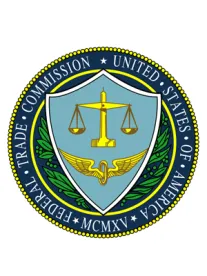Two app developers, LAI Systems, LLC and Retro Dreamer, have settled charges with the Federal Trade Commission (FTC) alleging that the companies shared children’s personal information with third-party advertising networks in violation of the Children’s Online Privacy Protection Act (COPPA) Rule.
These cases are the first in which the FTC alleged that companies allowed ad networks to use persistent identifiers to serve targeted advertising to children. The FTC added persistent identifiers to the COPPA Rule’s definition of “personal information” when it updated the rule in 2013. FTC staff explained that these cases “make it clear that we’re closely watching this space to ensure children’s privacy online is being protected.”
In its complaint against LAI Systems, the FTC alleged that the company created a number of apps directed to children and allowed third-party advertisers to collect personal information from children in the form of persistent identifiers. The FTC further alleged that LAI Systems failed to inform the third-party ad networks that the apps were directed to children, to contractually require the advertising networks to refrain from targeted advertising, and to provide notice or obtain consent from children’s parents for the collection and use of the information. Under the settlement, LAI Systems agreed to pay a $60,000 civil penalty.
Similarly, in its complaint against Retro Dreamer, and its principals, Craig E. Sharpe and Gavin S. Bowman, the FTC alleged that the company created a number of apps targeted to children and allowed third-party advertisers to collect children’s personal information through those apps. The FTC further alleged that during 2013 and 2014, one third-party advertiser specifically warned the defendants about the obligations of the revised COPPA Rule and told the defendants that certain of their apps appeared to be targeted to children under the age of 13. Like LAI Systems, the FTC alleged that the company failed to contractually require the advertising networks to refrain from targeted advertising and to provide notice or obtain consent from children’s parents for the collection and use of the information. Under the settlement, Retro Dreamer agreed to pay a $300,000 civil penalty.




 />i
/>i

